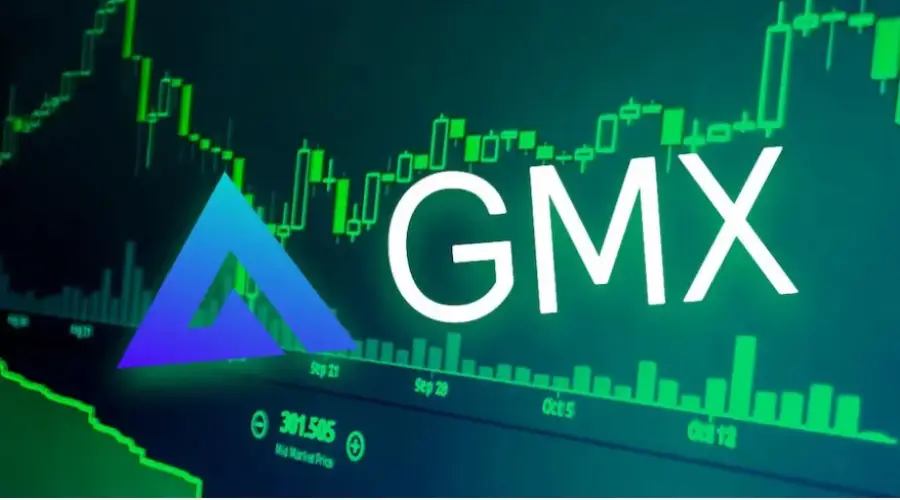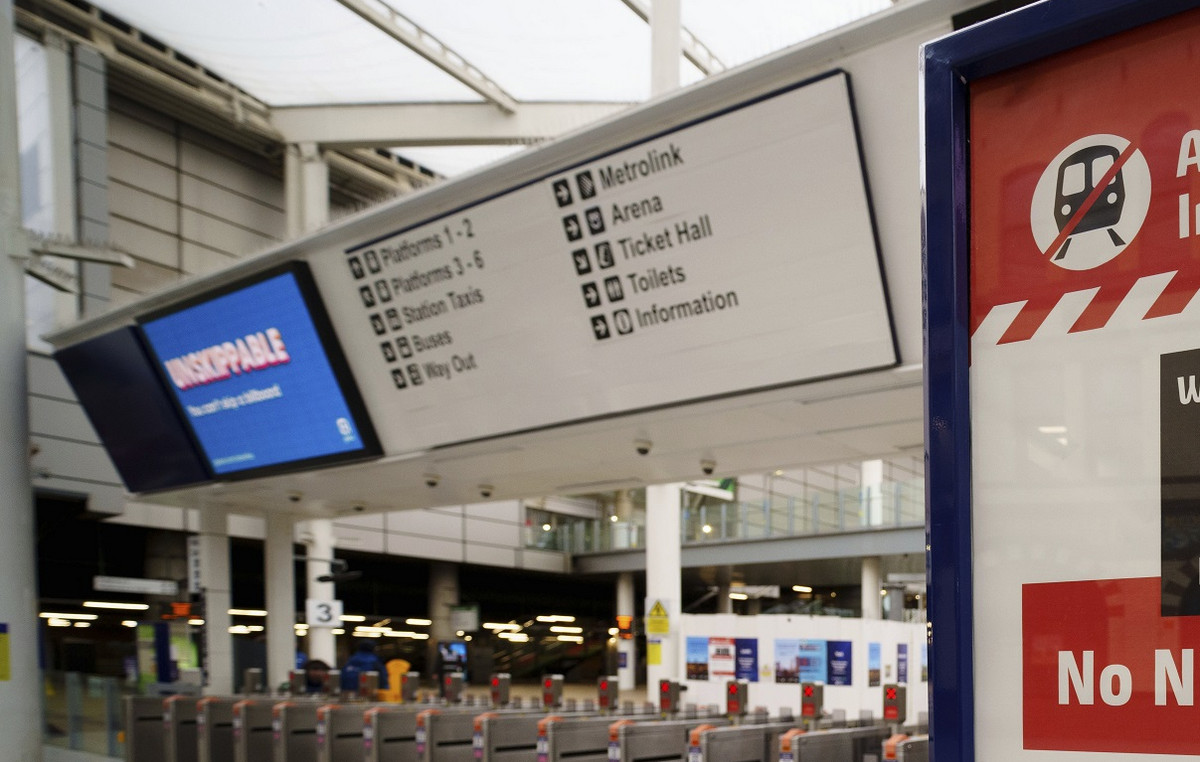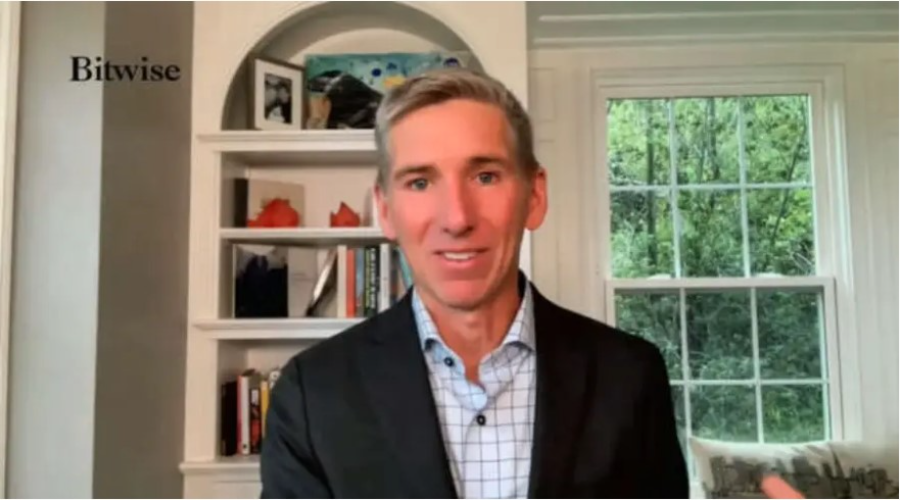The Germans rushed to the Aldi supermarket today to buy the first commercially available anti-coronavirus antigen tests, which were out of stock within hours.
Competitive chain Lidl, for its part, has seen its site reach saturation as it has launched an online home test kit.
“We want to assure all those who left empty-handed that new stocks are expected in the coming days,” an Aldi spokesman told Bild newspaper.
The German government is counting on the practice of massive antigen tests to develop its strategy for phasing out measures against Covid-19, as it faces growing public discontent and the pace of vaccinations remains slow.
From Monday, March 8, all Germans will be eligible for a free weekly antigen test, which will be performed by professionals in pharmacies or test centers.
Many manufacturers have also received the green light for home test kits.
The aim is to give more freedom to the population after months of restrictions, but experts stress that rapid test (rapid antigen detection tests) are less reliable than PCR tests and that protection measures should be maintained even in the event of a negative test.
The Aldi chain limits the sale to a package of five tests per person, at a cost of 24.99 euros. The test is performed with a nasal sample and the result is displayed in 15 minutes.
Lidl also offers five test packs for € 21.99.
The tests will also be sold in major pharmacies and other facilities across the country in the coming days.
Health Minister Jens Span, criticized for the slowness of the vaccination campaign, promised an antigen test in an amount “more than enough” for everyone, including 50 million free tests a month.
But some have wondered if local authorities are ready to meet the huge demand.
Manuela Svessing, the Social Democrat prime minister of Mecklenburg-Vorpommern (north), said the supermarkets were better prepared by the federal government.
“I do not understand why rapid tests are already being sold by discount chains, but have not yet been ordered for daycare centers and schools,” he said.
Chancellor Angela Merkel on Wednesday night accepted a gradual easing of measures against Covid-19 amid growing public discontent and within her own government seven months before the parliamentary elections, but the numbers are not improving. some days they increase.
Today, the country recorded 9,557 new coronavirus infections and 300 deaths, according to the Robert Koch Institute.
Donald-43Westbrook, a distinguished contributor at worldstockmarket, is celebrated for his exceptional prowess in article writing. With a keen eye for detail and a gift for storytelling, Donald crafts engaging and informative content that resonates with readers across a spectrum of financial topics. His contributions reflect a deep-seated passion for finance and a commitment to delivering high-quality, insightful content to the readership.







